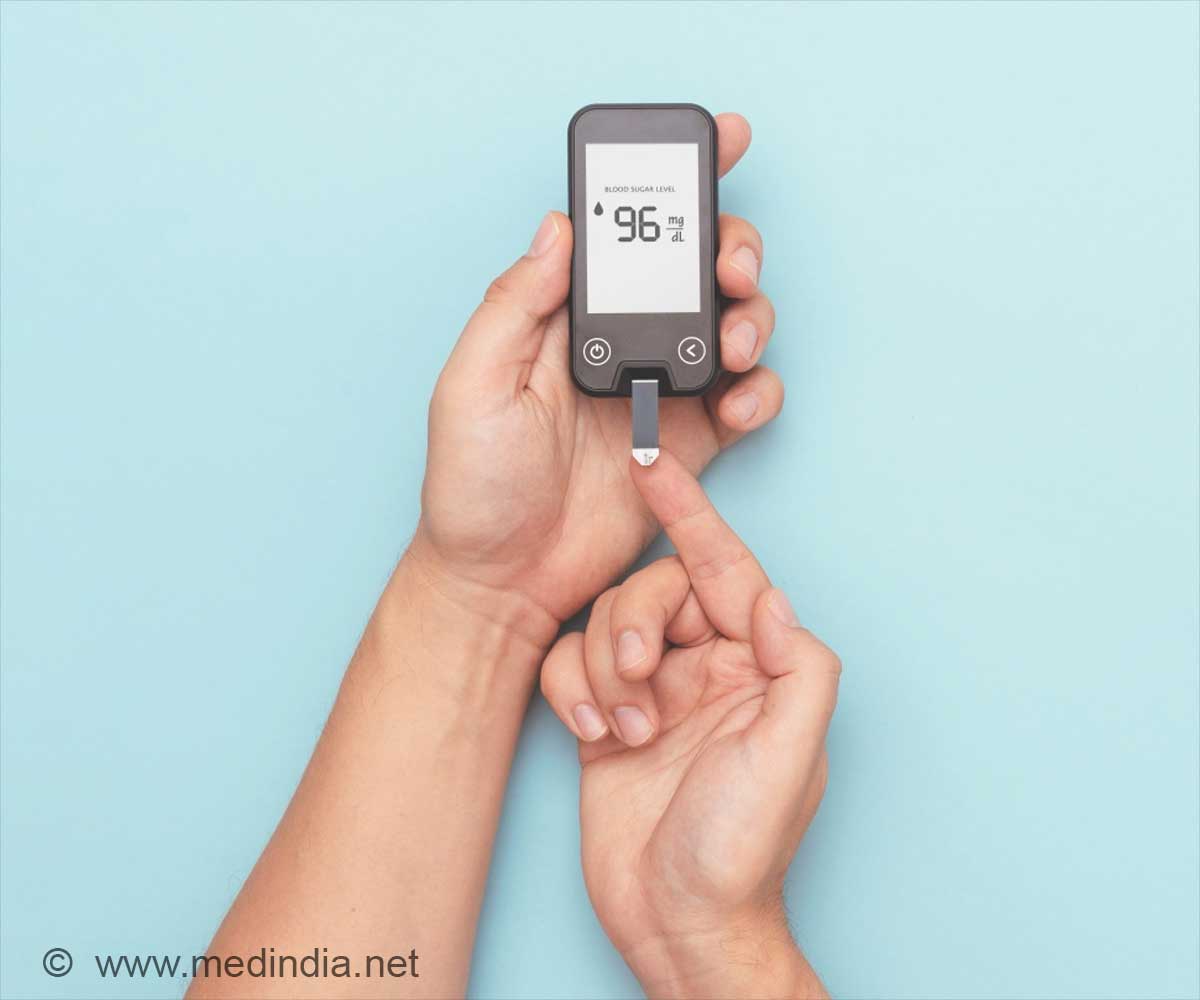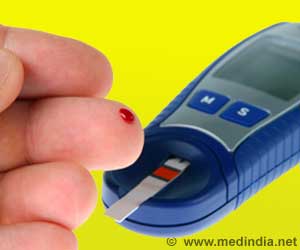A promising therapy for treating type 1 diabetes is pancreatic islet transplantation, but the majority of transplanted cells die soon after they are transplanted.

Although EPCs have the ability to integrate into newly growing blood vessels, they can also provide humoral factors (elements in blood or other fluids) that may "recruit" other cells to impact favorably on vascular remodeling. This study planned on exploring how EPCs secreted humoral factors and how those factors may impact pancreatic islet cell gene expression and function and thus aid islet cell survival following tramnsplantation. "As a conduit for blood supply, intra-islet vasculature is crucial for the delivery of oxygen, the sensing of blood glucose, dissemination of insulin and removal of waste products," said Jessup. "Also, within the islet cell, endothelial cells are in intimate contact with beta cells and directly enhance insulin transcription, secretion and stimulate beta cell proliferation."
In this study, diabetic mice were transplanted with cultured islets. The researchers were interested in whether EPCs can replenish the endothelial cells that are lost during culture and so they used islets that had been cultured in vitro for three days prior to transplantation. The authors defined a 'cure of diabetes' as the first day of two low, consecutive non-fasted blood glucose readings with no subsequent reversion to hyperglycemia. The mice were monitored daily for non-fasted blood glucose and body weight. There was a significantly improved cure rate in co-transplanted animals as compared to controls that did not receive EPCs.
"Revascularisation in the mouse occurs within 14 days post-transplantation," explained Jessup. "Following the expected revascularisation period, the percentage of cure in co-transplanted animals at day 14 was 83 percent, as compared to 20 percent in the islets-only control group. There was significantly improved post-transplant weight gain in the mice receiving co-transplanted EPCs compared to mice receiving islets alone." The research team concluded that further mechanistic research was required, but that cell surface molecules involved in intra-islet communication, such as connexin 36, may represent important clinical targets in the future.
"This study proposes that EPCs and/or their secretagogues aid islet survival following transplantation via cell surface molecules" said Dr. Rodolfo Alejandro, section editor for CELL TRANSPLANTATION and Professor of Medicine at the University of Miami Miller School of Medicine. "This is a promising arena of study that requires additional research to determine its potential"
Source-Eurekalert












